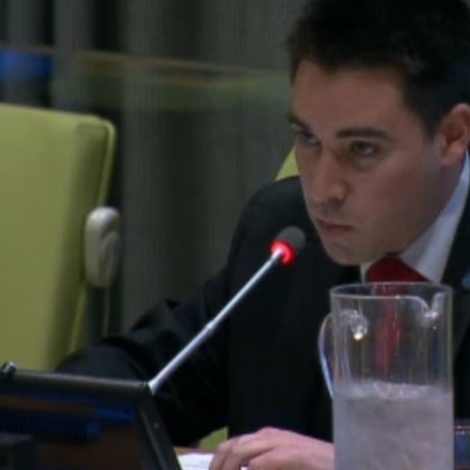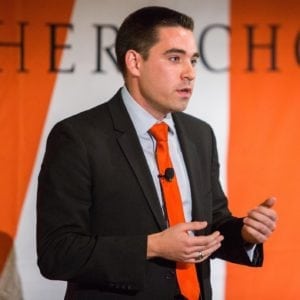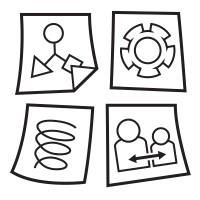From satellites to research ships, data is collected on oceanic conditions around the world. If only it were gathered in one spot. Matthew Merighi, head of Blue Water Metrics, is leading his non-profit organization in the effort to place the world’s disparate oceanic measurements into one accessible database. Then the team plans to equip seagoing vessels, anything from shrimping ships to ocean liners, with sensor suites that will upload their findings to that repository in the cloud. The work could inform fishery management and improve our understanding of the effects of climate change and acidification of the oceans.
We asked Mr. Merighi five questions.
E4C: This is a great idea, but why this? What prompted you to try this out?
MM: This idea started through an observation from scientists at the Woods Hole Oceanographic Institution that there were not enough vessels gathering ocean health data. Once we investigated the situation deeper, we realized that there was a much broader problem of data stove-piping along national and institutional boundaries. We also witnessed that there is a new emphasis from grant-making institutions on improving ocean monitoring and a grassroots desire in volunteer organizations to promote data sharing. What was lacking was the vehicle to share that data across the world, which is what we are trying to fill.
E4C: What is your projected timeline and vision for the project when it’s running at full capacity?
MM: The timeline for deploying the sensors is open ended. We’re focusing our efforts right now on building our cloud architecture to consolidate existing sources of data and have something for the sensors to plug into (the “one ocean monitoring system for our shared world ocean” I mentioned in my UN talk). We are designing the alpha product right now and want to have the database running by early 2018. Sensor deployments are expensive in the ocean domain and we need to do fundraising for that.
E4C: What kinds of sensors are you planning to deploy, and do you have an idea of their specifications and cost?
MM: The three parameters we’re focused on initially are temperature, salinity, and pH. We’re also looking at fluorescence for plankton readings. Costs vary depending on the accuracy of the sensors but they’re usually measured in the thousands of dollars. We’re working with some sensor manufacturers to see if we can get lower-cost versions.
E4C: Ideally, what impact do you hope the data will have?
MM: The data will lead to better ocean monitoring, more accurate modelling of future ocean conditions, and better understanding of how ocean conditions will affect fisheries and other maritime industries.
E4C: How can we help?
MM: The main way is to introduce us to organizations which already gather ocean data (government agencies, private companies, research institutions, volunteer organizations, etc) so that we can continue our efforts to build the ocean data coalition. Suggestions on resources for nonprofits to use in software development work (e.g. TechSoup) is always welcome. We always appreciate donations or volunteers to help our initial development work too! What I’ve learned from this process is that everyone has something to contribute to this cause regardless of their professional specialty.


